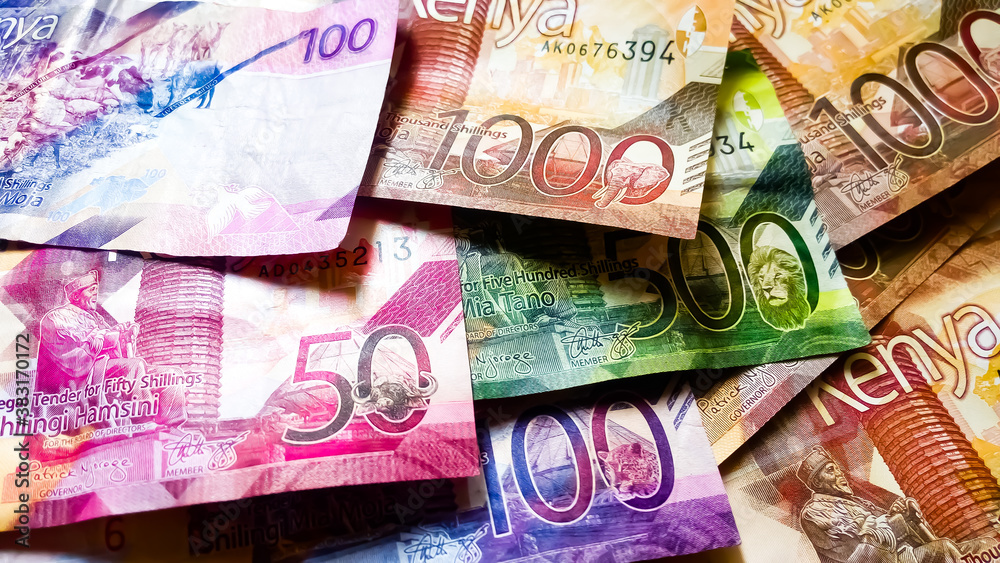
The Challenge of Counterfeit Currency in Nairobi
Counterfeit currency is a pressing issue in Nairobi, Kenya’s bustling capital city. From the busy markets of Gikomba to the financial districts of Upper Hill, the circulation of fake banknotes presents a serious challenge to residents and businesses alike. Let’s delve into the impact of counterfeit money and how to stay vigilant in Nairobi.
The Pervasive Problem:
In Nairobi, counterfeit currency can be found in various denominations of the Kenyan Shilling. It often enters circulation through illegal channels, making its way into the hands of unsuspecting individuals and businesses. Whether in the form of fake 1000 shilling notes or smaller denominations, counterfeit money poses risks to the local economy.
Impact on Businesses:
For businesses in Nairobi, accepting counterfeit money can lead to significant financial losses. Whether it’s a street vendor in Eastleigh or a shop owner in Westlands, the risk of unknowingly receiving fake banknotes is ever-present. Small businesses, in particular, may struggle to recover from these losses, affecting their ability to operate and grow.
Risks to Individuals:
Individuals in Nairobi are also at risk of falling victim to counterfeit currency. Whether withdrawing money from ATMs or exchanging cash in markets like City Market or Toi Market, there’s a chance of receiving fake notes. This not only affects personal finances but also undermines trust in the local currency.
Identifying Counterfeit Currency:
Knowing how to spot counterfeit money is crucial for residents of Nairobi. Here are some key features to look for:
- Watermark: Hold the banknote up to the light to see a watermark of a lion’s head and the value of the note.
- Security Thread: Authentic Kenyan Shilling notes have a metallic security thread embedded in the paper. Look for this thread, which appears as a thin, silver line and is visible when held up to the light.
- Color and Design: Pay attention to the colors and design details. Counterfeit notes may have discrepancies in color shades or blurry printing.
- Raised Printing: Genuine banknotes have raised printing that you can feel with your fingers.
What to Do If You Suspect Counterfeit Currency:
If you come across a banknote in Nairobi that you suspect is counterfeit, take these steps:
- Do Not Use or Circulate: Refrain from using or passing on the suspected fake money to prevent its spread.
- Report to Authorities: Contact the Central Bank of Kenya or local law enforcement to report the counterfeit currency. They have specialized units to handle such cases and investigate counterfeit money operations.
Public Awareness and Vigilance:
Raising awareness about counterfeit currency is crucial in Nairobi. Educational campaigns and workshops can help residents and businesses recognize the signs of fake money. By staying vigilant and informed, we can collectively combat the circulation of counterfeit currency in Nairobi and protect our economy.
Conclusion:
Counterfeit currency remains a challenge in Nairobi, impacting businesses and individuals across the city. By knowing how to identify fake banknotes and reporting suspicious instances, we can work towards a safer and more secure financial environment. Let’s stay vigilant and united in the fight against counterfeit currency in Nairobi.
